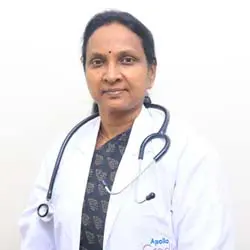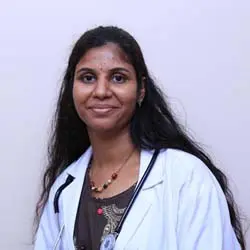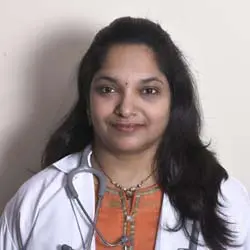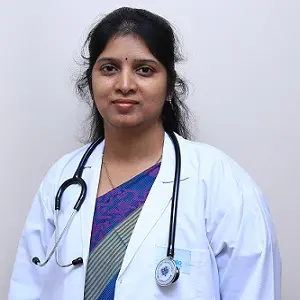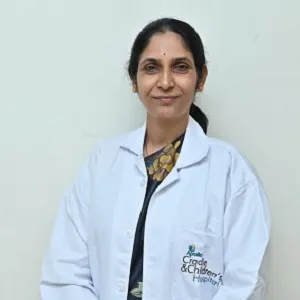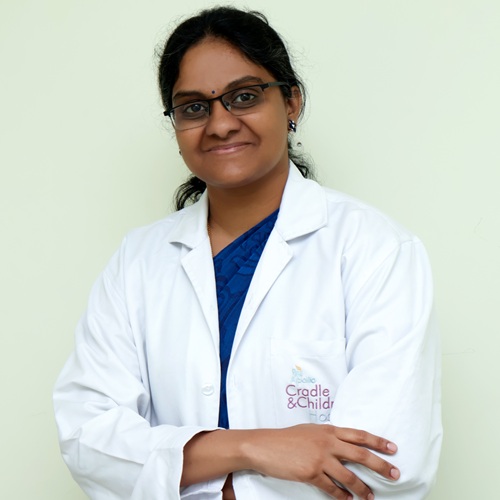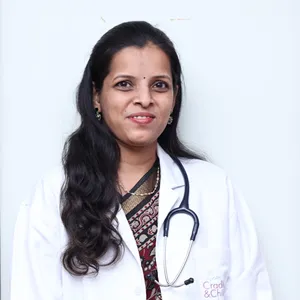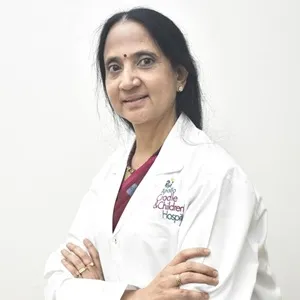Gynaecology is the medical speciality concerned with the health and diseases of the female reproductive system. The ovaries, uterus, fallopian tubes, and vagina are all included. Gynaecologists are medical doctors who specialise in the diagnosis and treatment of these conditions, as well as educating women and providing preventive care.
Gynaecology is the branch of medicine that deals with the health and diseases of the female reproductive system. This includes the ovaries, uterus, fallopian tubes, and vagina. Gynaecologists are medical doctors who specialise in the diagnosis and treatment of these conditions, as well as providing women with preventive care and education.
What Is Gynaecology?
Gynaecology is the branch of medicine that deals with the female reproductive system. This includes the diagnosis and treatment of conditions related to the ovaries, uterus, vagina, and vulva.
Gynaecological exams, including pelvic exams and Pap tests, are an important part of preventative care for women. These exams help detect potential issues early when they are most treatable. A gynaecologist can also provide information and guidance on contraception options and sexual health.
One of the most common gynaecological concerns is menstrual irregularities. This can include heavy or painful periods, irregular cycles, and missed periods. These symptoms can be caused by a variety of conditions, such as polycystic ovary syndrome (PCOS), thyroid disorders, or even stress.
It's essential for women to have regular gynaecological check-ups and to consult with their gynaecologist if they have any concerns or symptoms. Early detection and treatment can prevent serious health problems down the line.
Overall, gynaecology plays an essential role in maintaining the overall health and well-being of women. It's important for women to be proactive about their reproductive health and to seek medical advice if they have any concerns.
Importance Of Gynaecological Check-Ups
Gynaecological check-ups are an essential part of a woman's healthcare routine. These check-ups provide an opportunity for women to discuss any concerns they may have about their reproductive health with a healthcare professional and to receive a comprehensive examination of the reproductive organs. Regular gynaecological check-ups are important. Because it can detect and prevent potential health problems.
Regular gynaecological check-ups are an important aspect of a woman's healthcare routine. They provide an opportunity for women to detect and prevent potential health problems, receive personalised information and education about their reproductive health, detect and manage symptoms of menopause or other hormonal imbalances, and establish a relationship of trust with a healthcare professional. Women need to schedule and attend regular gynaecological check-ups to ensure optimal reproductive and overall health.
Why Choose Apollo
At Apollo Cradle, we understand the importance of regular gynaecological check-ups and the role they play in maintaining a woman's reproductive and overall health. Our team of experienced and compassionate healthcare professionals is dedicated to providing the highest quality care and services to our patients.
We offer a wide range of gynaecological services, including physical examinations, pap smears, and ultrasound scans. We also provide personalised information and education on reproductive health and contraception, as well as the management of symptoms of menopause or other hormonal imbalances.
We encourage all women to schedule and attend regular gynaecological check-ups to ensure optimal health and well-being. If you are looking for a reliable and trustworthy healthcare provider for your gynaecological check-ups, please consider visiting Apollo Cradle. Our team is here to support you every step of the way.
Apollo Cradle provides several specialised investigative procedures for male and female infertility, giving couples the best chance of a successful pregnancy. Apollo Cradle’s expertise lies in a patient-centred approach delivered by a team of experts using cutting-edge technology and clinical protocols.
Conclusion
Gynaecology is a vital branch of medicine that deals with the health and diseases of the female reproductive system. Gynaecologists are medical doctors who specialise in the diagnosis and treatment of conditions related to the ovaries, uterus, fallopian tubes, and vagina, as well as providing preventive care and education to women.
Regular gynaecological check-ups are an essential part of a woman's healthcare routine and can detect and prevent potential health problems, provide personalized information and education about reproductive health, detect and manage symptoms of menopause or other hormonal imbalances, and establish a relationship of trust with a healthcare professional.
Request an appointment at Apollo Cradle, Hyderabad - Kondapur. Call 1860-500-4424 to book an appointment.
A gynaecologist is a doctor who specialises in conditions of the female reproductive system, which includes the vulva, vagina, uterus (womb), and ovaries.
A pelvic exam, cervical cancer screening, or a breast exam may be part of a physical exam. During a pelvic exam, your ob-gyn may examine your vulva, vagina, and cervix for signs of problems. In addition, your ob-gyn may examine your internal organs with a gloved hand.
You should expect to feel some discomfort, but not pain, during a pelvic exam. To alleviate any discomfort, take slow, deep breaths and urinate before the exam. Inform your doctor if you experience any pain or discomfort during your exam.
While all adolescent girls should see a gynaecologist, it is especially important if your daughter has been sexually active (or plans to be) or is having menstrual problems.
Although most people will not need to begin Pap screening for cervical cancer until they are around the age of 21, it is still recommended that you see your first gynaecologist earlier, usually between the ages of 13 and 16, regardless of whether you have begun your transition, are menstruating, or are sexually active.
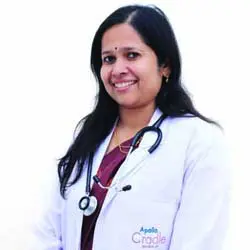
 95% Patient Satisfaction Score
95% Patient Satisfaction Score
